Seasame Seeds تل سفید
₨200 – ₨550
May Lower Cholesterol and Triglycerides.
May Soothe Arthritic Knee Pain.
SKU:
N/A
Category: Super Foods & Seeds
Tags: benefits of eating sesame seeds, benefits of sesame seeds, black sesame seeds, health benefits of sesame seeds, healthy benefits of sesame seeds, how to grow sesame seeds, how to grow sesame seeds uk, how to take sesame seeds, how to toast sesame seeds, plant sesame seeds, roasted sesame seeds, Seasame Seeds, sesame, Sesame Seeds, sesame seeds benefits, sesame seeds for arthritis, sesame seeds for hair, sesame seeds for joints, sesame seeds health benefits, sesame seeds plant, تل سفید
Description
Overview:
Sesame plant is a flowering plant belonging to the Pedaliaceae family.
These seeds have the highest oil content among all seeds and a delicate, nutty flavor that becomes more pronounced when they are roasted under low temperature for a few minutes.
Benefits:
- May Aid Blood Sugar Control.
- May Support Healthy Bones.
- Good source of fiber.
- May Lower Cholesterol and Triglycerides.
- May Soothe Arthritic Knee Pain.
- May Support Your Immune System.
- Help Prevent and Treat Cancer.
- May Aid Blood Cell Formation.
- Good Source of B Vitamins.
- May Reduce Inflammation.
- Rich in Antioxidants.
- Potential Uses of Sesame Seeds for Hair Health.
- May Help Lower Blood Pressure.
Side Effects:
Excessive consumption of sesame seeds can drop blood pressure to dangerously low levels. Fiber from sesame seeds can form a layer over the appendix, causing bloating and pain.
How to Use:
They are a common topping on bagels, burger buns, salads, and breadsticks.
Reviews (0)
Be the first to review “Seasame Seeds تل سفید” Cancel reply
Shipping & Delivery
Related products
Black Seeds,Nigella Seeds کلونجی
Carom Seeds اجوائن دیسی
₨150 – ₨380
What Is Ajwain (Carom) Seed? Carom seeds are the seeds of the ajwain herb, or Trachyspermum ammi. They’re common in
Select options
This product has multiple variants. The options may be chosen on the product page
Flax Seeds السی بیج
₨180 – ₨450
Select options
This product has multiple variants. The options may be chosen on the product page
Onion Seeds پیاز بیج
₨70 – ₨850
Overview: Onion (Allium cepa) is a plant that is grown worldwide. The onion bulb is commonly eaten as food. Onion
Select options
This product has multiple variants. The options may be chosen on the product page
Psyllium Ispaghol اسپغول
₨200 – ₨1,700
Overview: Ispaghol benefits are numerous and can bring about a fascinating impact on your health. the magic constipation cure. Called
Select options
This product has multiple variants. The options may be chosen on the product page
Pumpkin Seeds Roasted بیج کدو روسٹ
₨220 – ₨620
Overview: Pumpkin seeds are edible seeds of pumpkin fruit. These flat and white seeds are a powerhouse of nutrition. They’re
Select options
This product has multiple variants. The options may be chosen on the product page
Sagodana,Metroxylon sagu(Sago) ساگو دانہ
₨250 – ₨800
Overview Sago, also known as sabudana, which is sold in the market in the form of small bead-like balls, is
Select options
This product has multiple variants. The options may be chosen on the product page
Soya Beans سویا بین
₨300 – ₨1,000
Overview: Soybeans are a highly nutritious legume that are native to East Asia and have become a staple in diets
Select options
This product has multiple variants. The options may be chosen on the product page


 Shop layouts
Shop layouts
 Food Supplements
Food Supplements
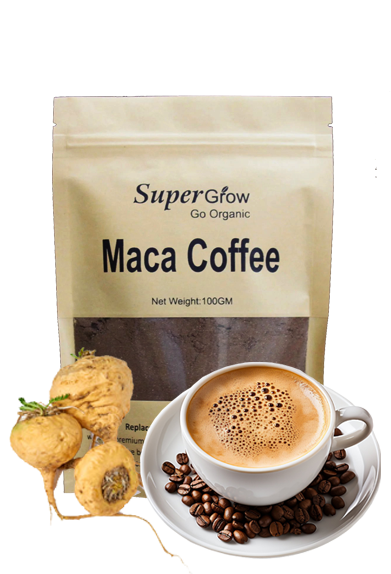



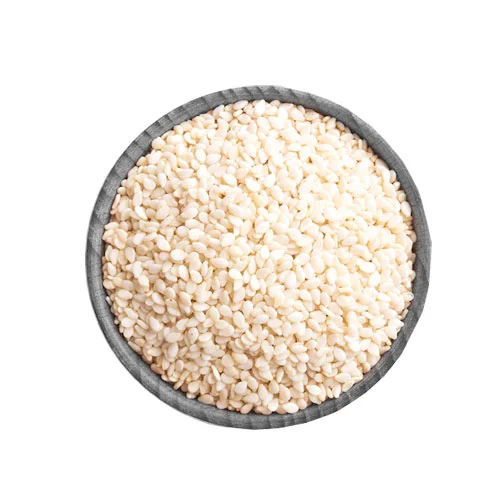
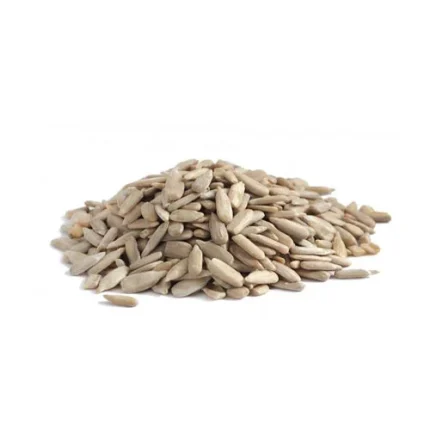
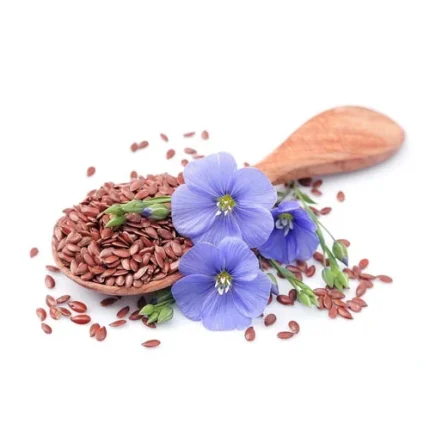
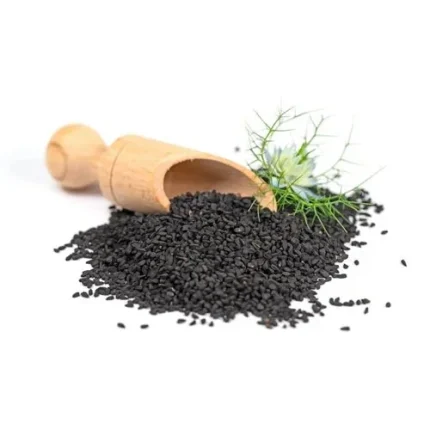
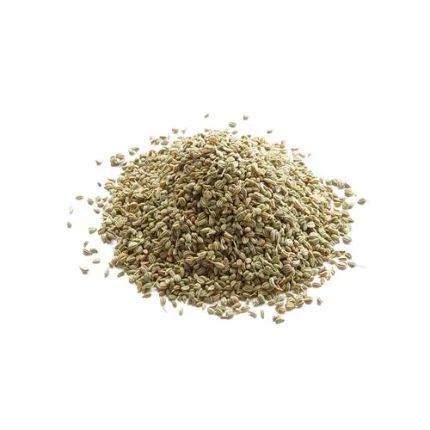
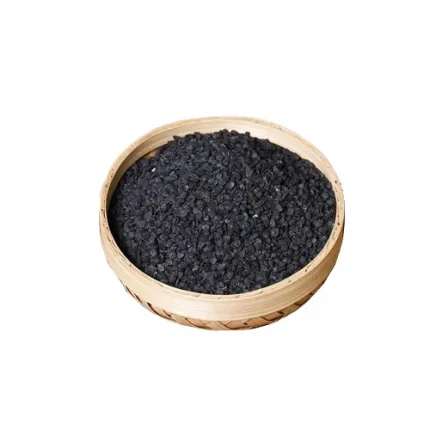
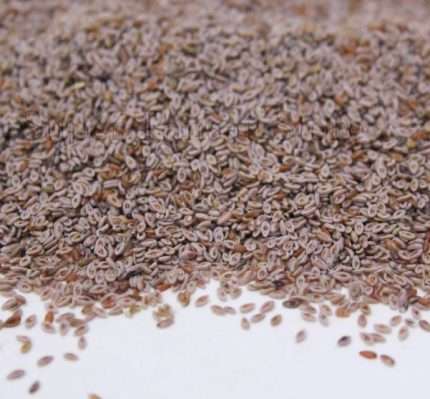
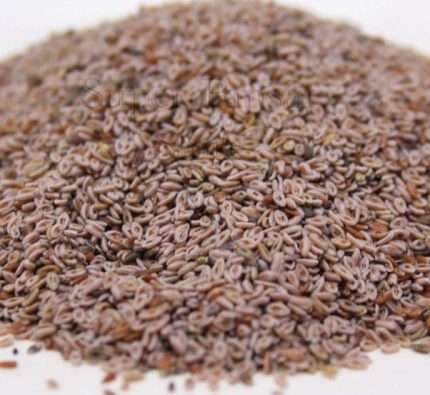
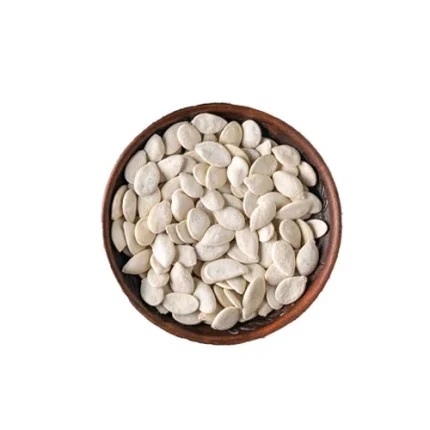
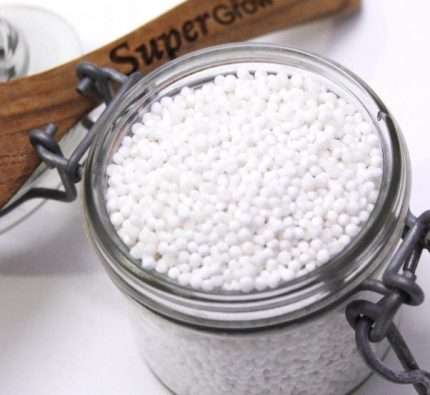
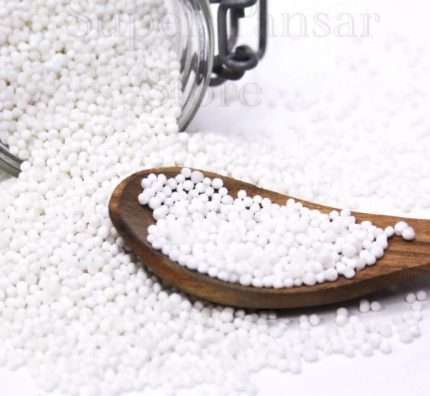
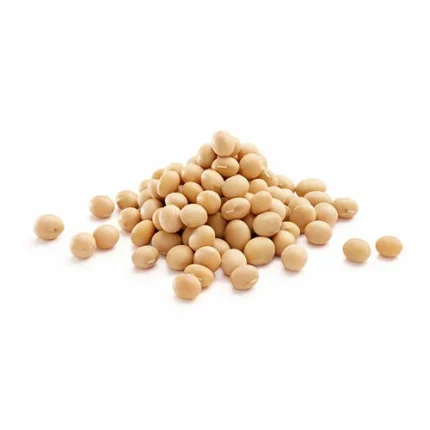
Reviews
There are no reviews yet.